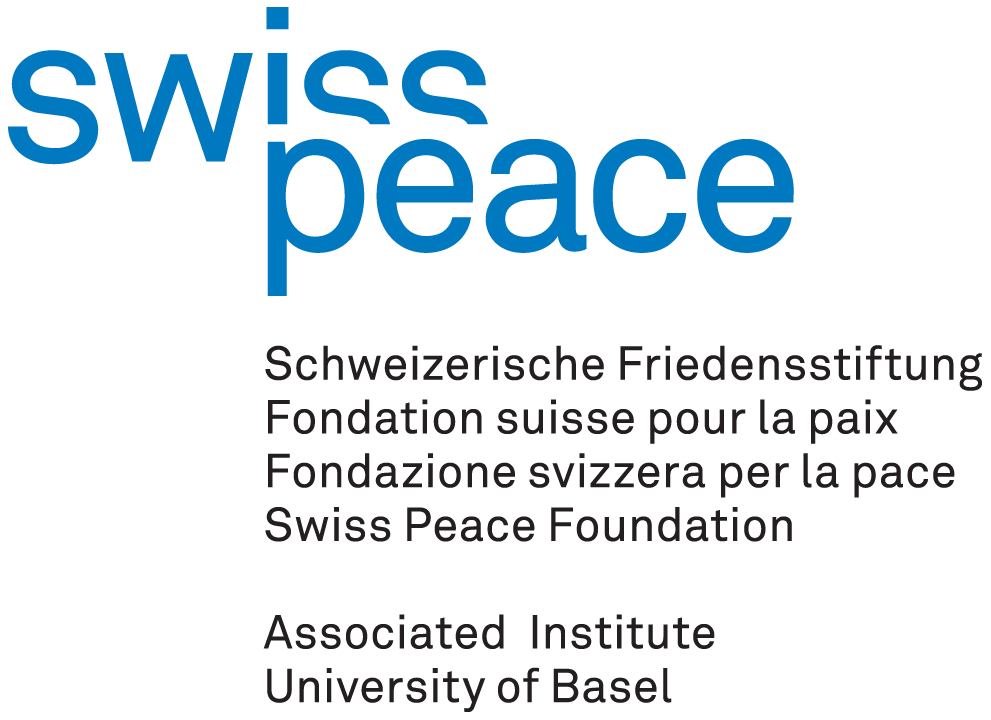Dazu gehört
Transdisciplinary research partnerships with business and civil society in the North-South context
This publication analyses opportunities and risks of transdisciplinary research partnerships with business and civil society in the North-South context. Such partnerships are in many cases crucial for impactful research and need to be implemented cautious and strategic. Well implemented partnerships enhance the practical relevance of research and the uptake of results, they provide access to additional data and networks but they also entail the risk of undermining scientific rigour and independence, and they increase the complexity of a research project and power-imbalances. This analysis provides some practical information and orientation for researchers and funding institutions in Switzerland on these opportunities and risks. The publication is the result of a literature review and a stakeholder dialogue with researchers and research-funders.

Navigating an interdisciplinary, multilingual project during the pandemic: teamwork is key
WICID Blog about collaboration in an interdisciplinary transnational research project during the COVID-19 pandemic by Bronwen Webster.
Bild: Bronwen WebsterA Conflict Sensitive Approach to Field Research – Doing Any Better?
This publication by swisspeace and the KFPE demonstrates, in eight contributions, how scientists view their research as dependent of national and international power structures. Research in conflict zones can point to ways and means to diffuse tension, if consciously undertaken. To achieve this objective, field research projects need to consider these specifics from the very outset.
Leitfaden für grenzüberschreitende Forschungspartnerschaften
Grenzüberschreitende und interkulturelle Forschungspartnerschaften bedingen neben der Erarbeitung fundierten Wissens auch einen ständigen Prozess gegenseitigen Lernens und Aufbauens von gegenseitigem Vertrauen und gemeinsamer Verantwortung.



